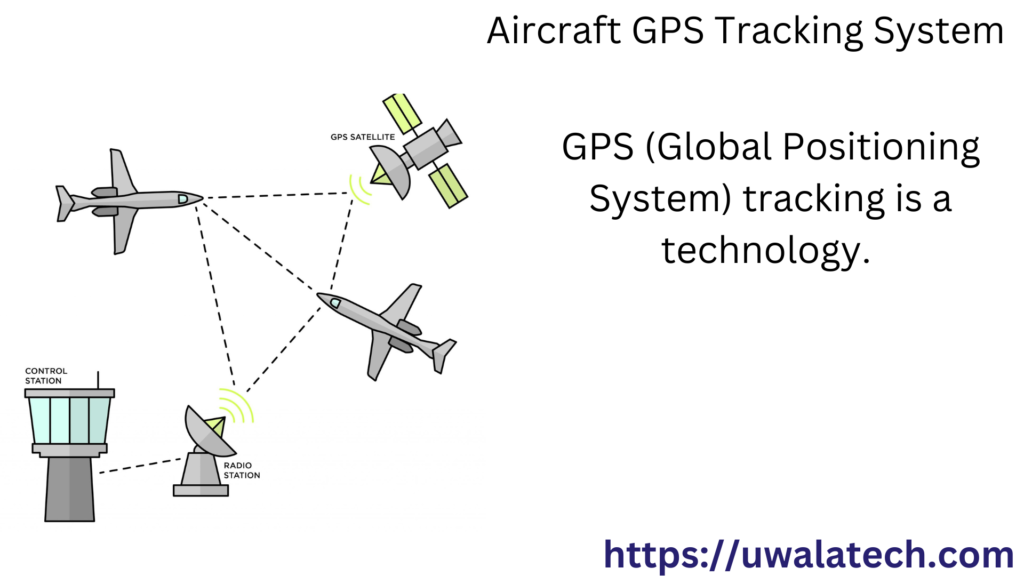GPS (Global Positioning System) tracking is a technology
GPS (Global Positioning System) tracking is a technology that has revolutionized the way we track and monitor objects and people. With the widespread availability of GPS-enabled devices, including smartphones, smartwatches, and dedicated GPS trackers, the technology has become more accessible and affordable than ever before.
In this article, we will explore the basics of GPS tracking, its benefits, and its applications across various industries.
What is GPS tracking?
GPS tracking involves the use of a network of satellites orbiting the earth to determine the precise location of an object or person. The system works by receiving signals from multiple GPS satellites, which are then used to triangulate the exact location of the device being tracked.
GPS tracking has become an essential tool for businesses, governments, and individuals alike. Its applications are vast, ranging from tracking fleets of vehicles to monitoring the movements of people and wildlife.
Benefits of GPS tracking
The benefits of GPS tracking are numerous, and they vary depending on the specific use case. Here are some of the most common benefits:
- Improved safety: GPS tracking can be used to monitor the movements of people and vehicles, providing real-time information on their location and helping to ensure their safety.
- Increased efficiency: GPS tracking can help businesses optimize their operations by providing real-time data on the location of assets, vehicles, and personnel. This information can be used to improve routing and scheduling, reduce fuel consumption, and streamline operations.
- Cost savings: By improving efficiency and reducing waste, GPS tracking can help businesses save money on fuel costs, labor, and other expenses.
- Improved customer service: GPS tracking can help businesses provide better customer service by providing accurate delivery times and real-time updates on the location of goods and services.
Applications of GPS tracking
GPS tracking has a wide range of applications across various industries. Here are some of the most common use cases:
- Fleet management: GPS tracking is commonly used by businesses that operate fleets of vehicles, such as logistics companies, delivery services, and taxi firms. By monitoring the location of vehicles in real-time, businesses can optimize routing, reduce fuel consumption, and improve customer service.
- Personal tracking: GPS tracking can be used to monitor the movements of individuals, such as children or elderly relatives. This can provide peace of mind for family members and caregivers, as well as improve safety and security.
- Asset tracking: GPS tracking can be used to monitor the location of valuable assets, such as equipment, machinery, and high-value goods. This can help businesses prevent theft, improve asset utilization, and reduce the risk of loss.
- Wildlife tracking: GPS tracking can be used to monitor the movements of wildlife, providing valuable insights into their behavior and habitat use. This information can be used to inform conservation efforts and wildlife management strategies.
FAQ for GPS (Global Positioning System) tracking is a technology
Q: What is GPS tracking?
A: GPS tracking involves the use of a network of satellites orbiting the earth to determine the precise location of an object or person.
Q: How does GPS tracking work?
A: GPS tracking works by receiving signals from multiple GPS satellites, which are then used to triangulate the exact location of the device being tracked.
Q: What are the benefits of GPS tracking?
A: The benefits of GPS tracking include improved safety, increased efficiency, cost savings, and improved customer service.
Q: What are some common applications of GPS tracking?
A: GPS tracking has a wide range of applications across various industries, including fleet management, personal tracking, asset tracking, and wildlife tracking.
Q: Is GPS tracking legal?
A: In most cases, GPS tracking is legal as long as the person or entity being tracked has given their consent or the tracking is being done for a legitimate business or safety reason. However, laws and regulations surrounding GPS tracking may vary by jurisdiction, so it’s important to research and follow applicable laws and regulations.
Q: Can GPS tracking be used to monitor someone without their knowledge?
A: No, GPS tracking without the knowledge or consent of the person being tracked is generally illegal and considered a violation of privacy.
Conclusion
In conclusion, GPS tracking is a technology that has transformed the way we track and monitor objects and people. Its benefits are numerous, ranging from improved safety and efficiency to cost savings and improved customer service. With its wide range of applications across various industries, GPS tracking is sure to remain an essential tool for businesses and individuals alike.

